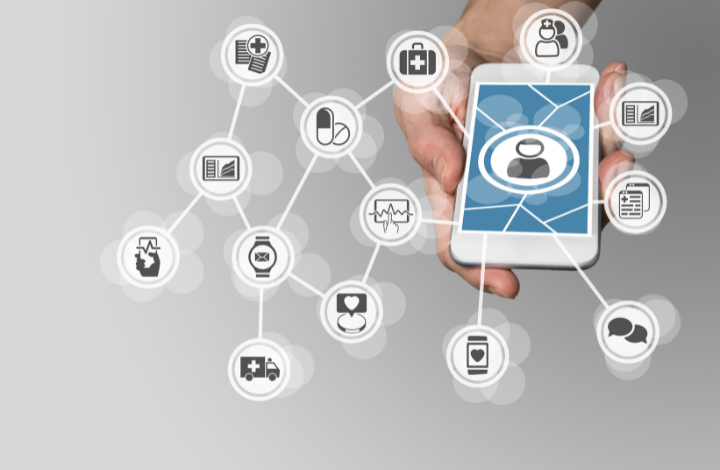Mental wellness is an integral part of overall health and well-being. Unfortunately, mental health problems, such as anxiety and depression, affect millions worldwide, and traditional mental health services are often not accessible or affordable to all. However, the rise of Artificial Intelligence (AI) technology is changing how we approach mental wellness. AI-powered mental wellbeing apps offer several benefits that traditional mental health services may not provide. Here are some of the benefits of using the best mental health apps:
The Benefits of Mobile Mental Wellbeing Apps

Personalized Support
AI algorithms in mental health apps can analyze data and provide personalized support to individuals. By identifying mental health indicators like mood, sleep, and physical activity patterns, AI-powered mental health apps can provide targeted interventions that match the user’s mental health needs.
Accessible and Convenient
Mobile mental health apps offer convenient and accessible mental health support. Users can access these apps anytime and anywhere, making mental health support more accessible to people who may not have access to traditional mental health services.
Affordable
AI-powered mental health apps are affordable, making mental health support more accessible to people who may not have the financial resources to access traditional mental health services.
The Role of Mobile Mental Health Apps in the Workplace
AI-powered mental health apps can also play a role in promoting mental wellness in the workplace. Here are some ways mental health apps can benefit workplaces:
Increased Mental Health Support
AI-powered mental health apps can provide increased mental health support to employees, making it more convenient and accessible. Employees can use these apps to track their mental health indicators and receive personalized support.
Improved Productivity
Mental health problems can impact productivity in the workplace. Employers can help employees manage their mental wellness and improve their productivity by providing mental health support through mental health apps.
Reduced Stigma
AI-powered mental health apps can help reduce the stigma associated with mental health problems in the workplace. By providing accessible and convenient mental health support, employers can create a culture of openness and support for mental wellness.
Cost-effective
The best mental health apps are cost-effective, making mental health support more affordable for employers. Employers can promote mental wellness and reduce healthcare costs by investing in mental health support through AI-powered mental health apps.
The Future of Mobile Mental Health Apps
AI-powered mental wellbeing apps can transform how we approach mental wellness. Here are some ways the best mental health apps could develop in the future:
Integration with Wearable Technology
AI-powered apps could be integrated with wearable technology, such as smartwatches, to provide real-time monitoring of mental health indicators. This integration could provide more accurate and comprehensive data to inform personalized interventions.
Augmented Reality
AI-powered mental health apps could use augmented reality (AR) technology to provide immersive mental health interventions. For example, AR technology could simulate real-life situations that trigger anxiety or stress and provide guided interventions to help individuals manage their mental health.
Chatbot Therapy
AI-powered mental health apps could use chatbot therapy to provide on-demand support to users. Chatbot therapy involves using AI-powered chatbots to offer emotional support and cognitive-behavioral therapy interventions to individuals struggling with mental health problems.
Predictive Analytics
AI-powered mental health apps could use predictive analytics to identify individuals at risk of developing mental health problems. By analyzing data from mental health indicators and other factors such as social media activity, AI algorithms could identify individuals at risk and provide targeted interventions to prevent the development of mental health problems.
Conclusion
AI-powered mental wellbeing apps offer several benefits that traditional mental health services may not provide, such as personalized support, accessibility, and affordability. However, AI-powered mental health apps also come with potential limitations and ethical considerations that individuals should be aware of.
Nevertheless, individuals can achieve better mental health outcomes by taking proactive steps to manage their mental wellness and using AI-powered mental wellbeing apps in conjunction with traditional mental health services. As AI technology continues to develop, the future of mental health support looks promising, with potential innovations such as wearable technology, augmented reality, chatbot therapy, and predictive analytics.
Leave a Reply